A forgotten artist is an artist whose name no street bears.
As long as we can say "
I live at 7 rue Blaise Desgoffe
", there will be someone curious to ask themselves: who is Blaise Desgoffe?
(a painter) and remember him.
According to this criterion, Évariste de Parny is still with us.
Two streets, one avenue, bear his name.
Yet Évariste Parny, who was not just anyone, is almost no longer anyone.
He whom Voltaire nicknamed "
Tibulle
", Pouchkine and Sainte-Beuve "
my master
", he whose elegies François René de Chateaubriand knew "
by heart
"... Even his first name ceased to be one.
Read alsoThese forgotten poets: Georges Faillet, dit Fagus
On February 6, 1753, Évariste's life began on Bourbon Island - renamed Réunion during the Revolution.
At 9, he left for the continent, went to study in Rennes.
The years that follow are cheerful, studious, brilliant.
He became a soldier, captain of a company of the King's gendarmes.
When he returns to the colony, he is 20 years old, the age of love.
The chosen one is called Esther.
She is his music student, she becomes his lover, will not be his wife: Évariste's father forbids it.
“O you, who were my schoolgirl / In music, and even in love”.
Hurt, exasperated by the slavery he abhors ("
Every day a man is traded for a horse: it is impossible for me to get used to such a revolting oddity
», he wrote to his friend Antoine Bertin in January 1775), the young man returned to France.
There, he learns of Esther's marriage.
In her poetry, she will be Éléonore.
He blames his inconstancy, regrets their happiness.
“
Oh!
if ever we loved on earth,
If of a mortal we saw the jealous gods,
It was in the time when, credulous and sincere,
I was happy, and was so with you.
»
Romantic themes, introduction of the figure of the "
Nègre
", use of prose, sensual details, the poetry of Parny is decreed modern from his first collection
Les poemes érotiques
(1778) where he renews the elegiac art.
To our post-modern ears, it's soft on the ear, poignant, voluptuous.
Before the Romantics, Parny established the link between pleasure and pain.
You have to read it on a melancholy summer evening when you feel alone, and you don't want to be totally.
Read alsoThese forgotten poets: François Coppée
If most individuals are revolutionaries at 20, conservatives at 30, Chevalier Parny takes the reverse route.
“
Perfect little courtier
” of power, in his youth, he then made fun of priests, denounced the wars of conquest;
his epic
The War of the Ancient and Modern Gods
(1799) scandalized the elite.
In 1814, the Restoration government withdrew the pension granted to him by Napoleon.
Having become marginal, our Évariste died embittered, reclusive in 1814. He was buried in the Père Lachaise cemetery.
And slowly we forget it.
This would not have displeased him, assures Chateaubriand in his
Memoirs from beyond the Grave
(1848).
When Chateaubriand met Parny in 1788, the latter was “
then of the old party
”.
Still a monarchist.
“
He dreaded noise, sought to slip through life unnoticed, sacrificed everything to his laziness, and was betrayed in his darkness only by his pleasures which touched his lyre as he passed.
With hindsight, the author of Le
Génie du Christianisme
rereads Parny's revolt in the light of this temperament.
He thinks he understands: if Parny has gone astray, it's because his time has asked him to act, to be agitated.
To the point that he got lost.
“
It was this impossibility of escaping his indolence which, from a furious aristocrat, made the Chevalier de Parny a wretched revolutionary, insulting the persecuted religion and the priests on the scaffold, buying his rest at any price.
»
“
Créole,
writes Chateaubriand
, he only needed the sky of India, a fountain, a palm tree and a woman.
For Parny, the glory of his lifetime was already too much.
So posthumous glory...
Two excerpts from Évariste de Parny: “My death”
What does the rest of the earth matter to me?
Of fine minds, what does rumor matter,
And of the public the severe sentence?
I am a lover, and not an author.
I do not want painful glory;
Too much clarity frightens sweet pleasure.
I am nothing, and my peaceful muse
Brave, laughing at her century and the future.
I will not go and sacrifice my life
In the mad hope of living after my death.
"So it's over"
Eleanor! oh gods! Is it possible !
It is therefore made and pronounced by you
The dreadful oath not to be mine anymore?
Éléonore once so shy,
Éléonore today so perfidious,
So much care here is the return!
This is the price of an eternal love!
Because do not believe that I will ever forget you:
It is no longer time, I would like it in vain;
And in spite of yourself you will make my destiny;
I will owe you the misfortune of my life.

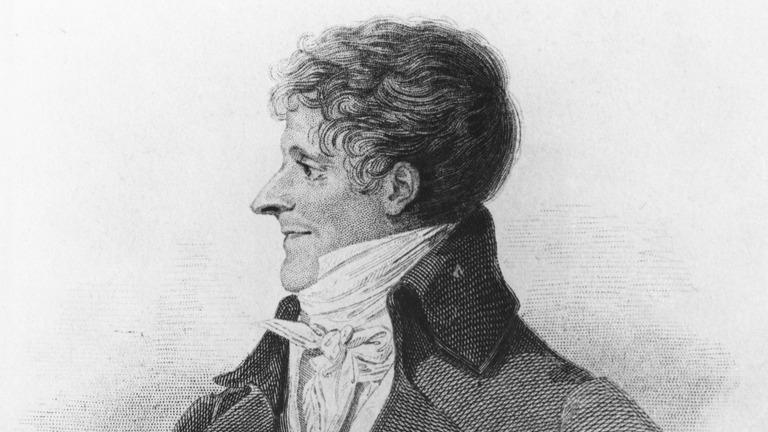
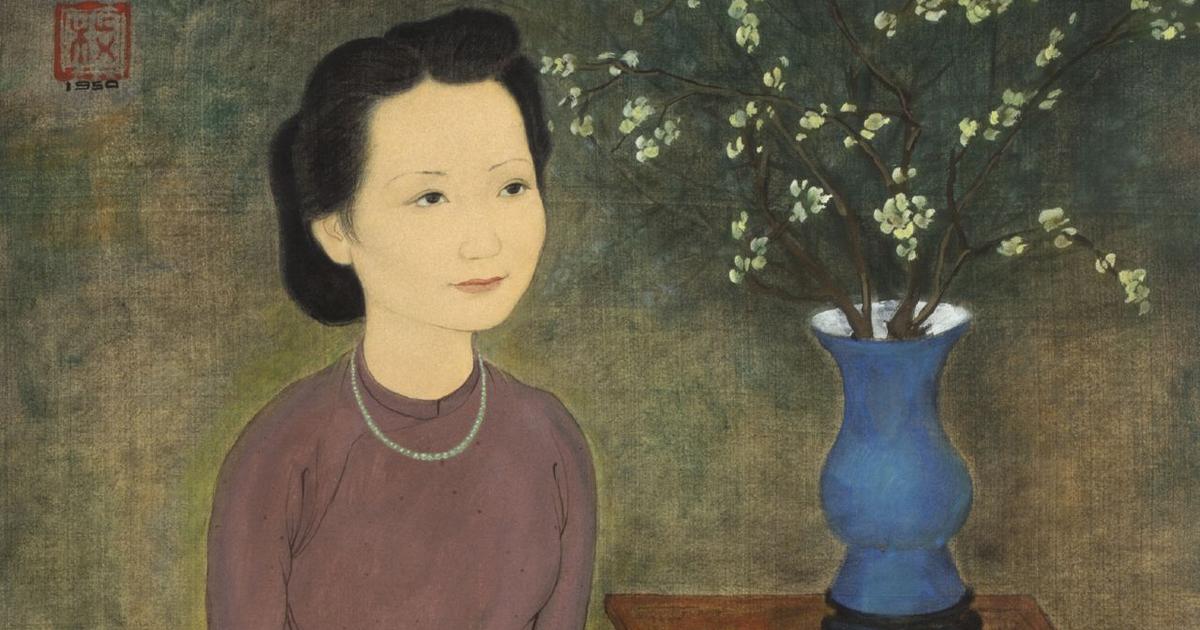
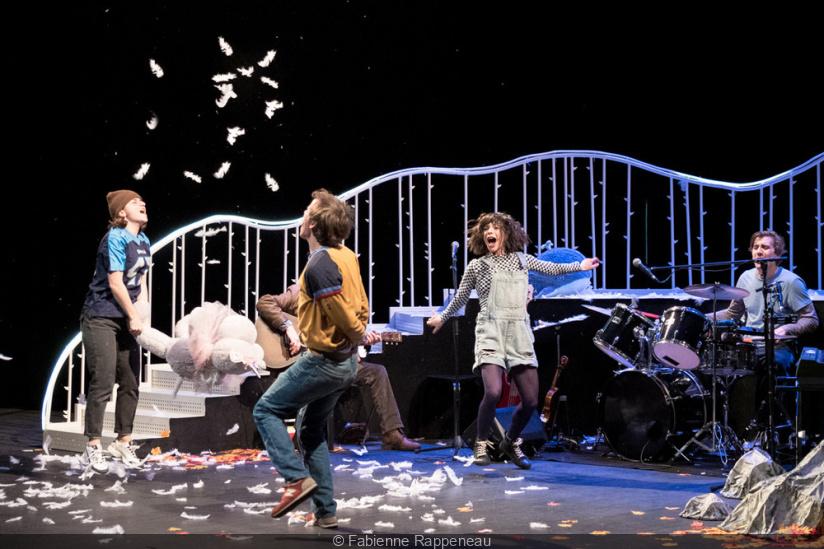
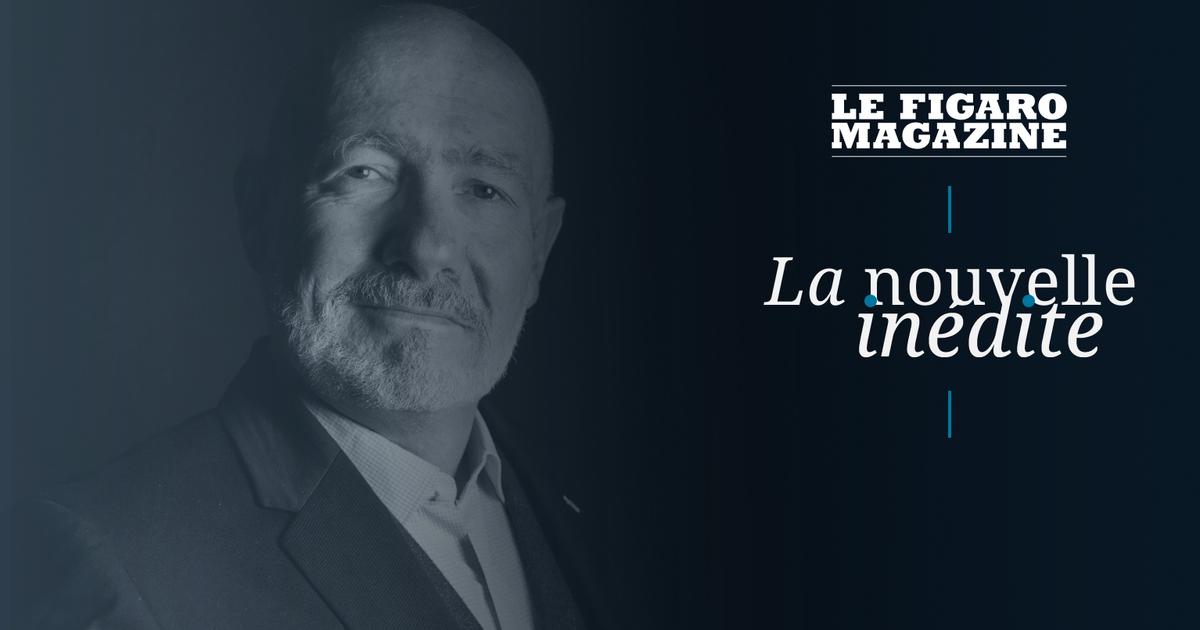
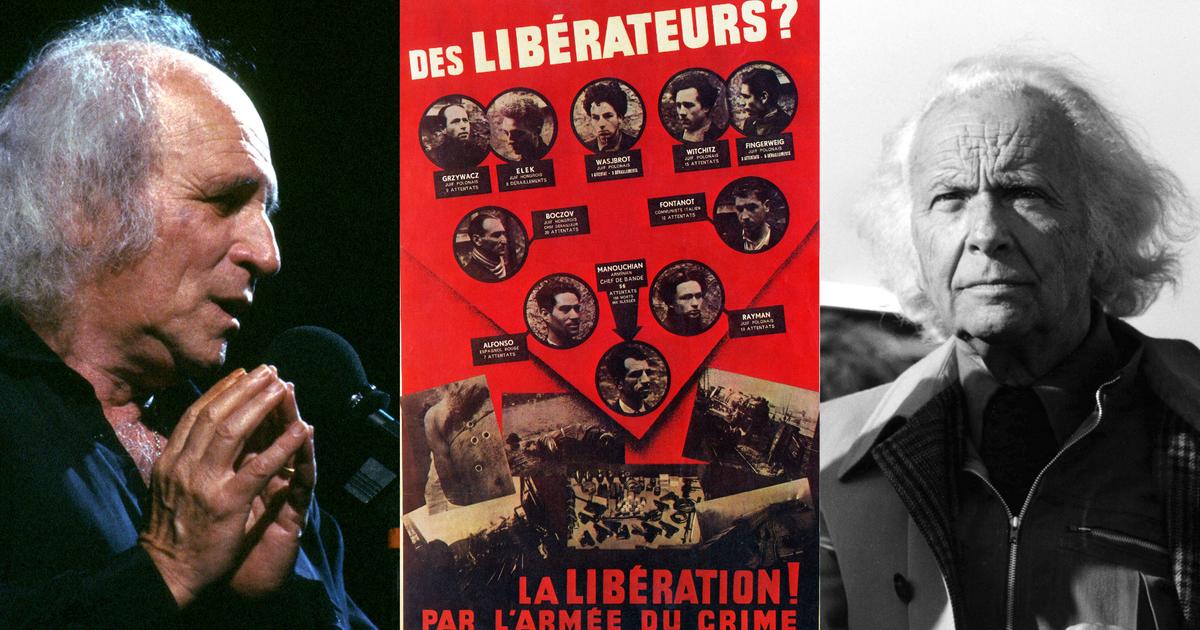

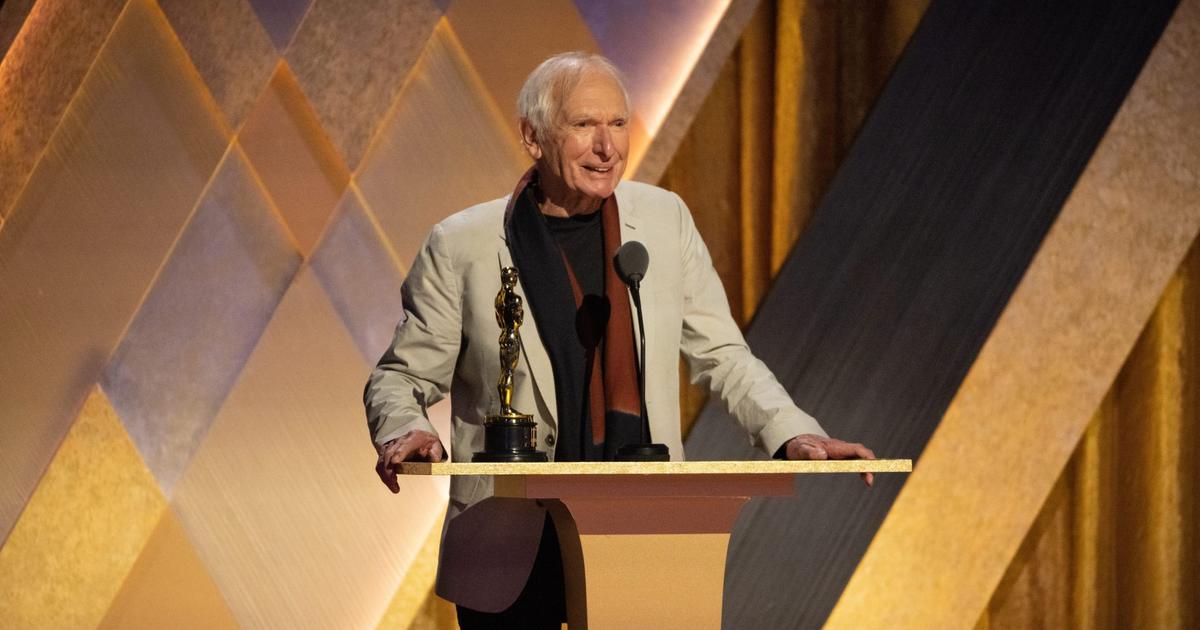




/cloudfront-eu-central-1.images.arcpublishing.com/prisa/KMEYMJKESBAZBE4MRBAM4TGHIQ.jpg)


